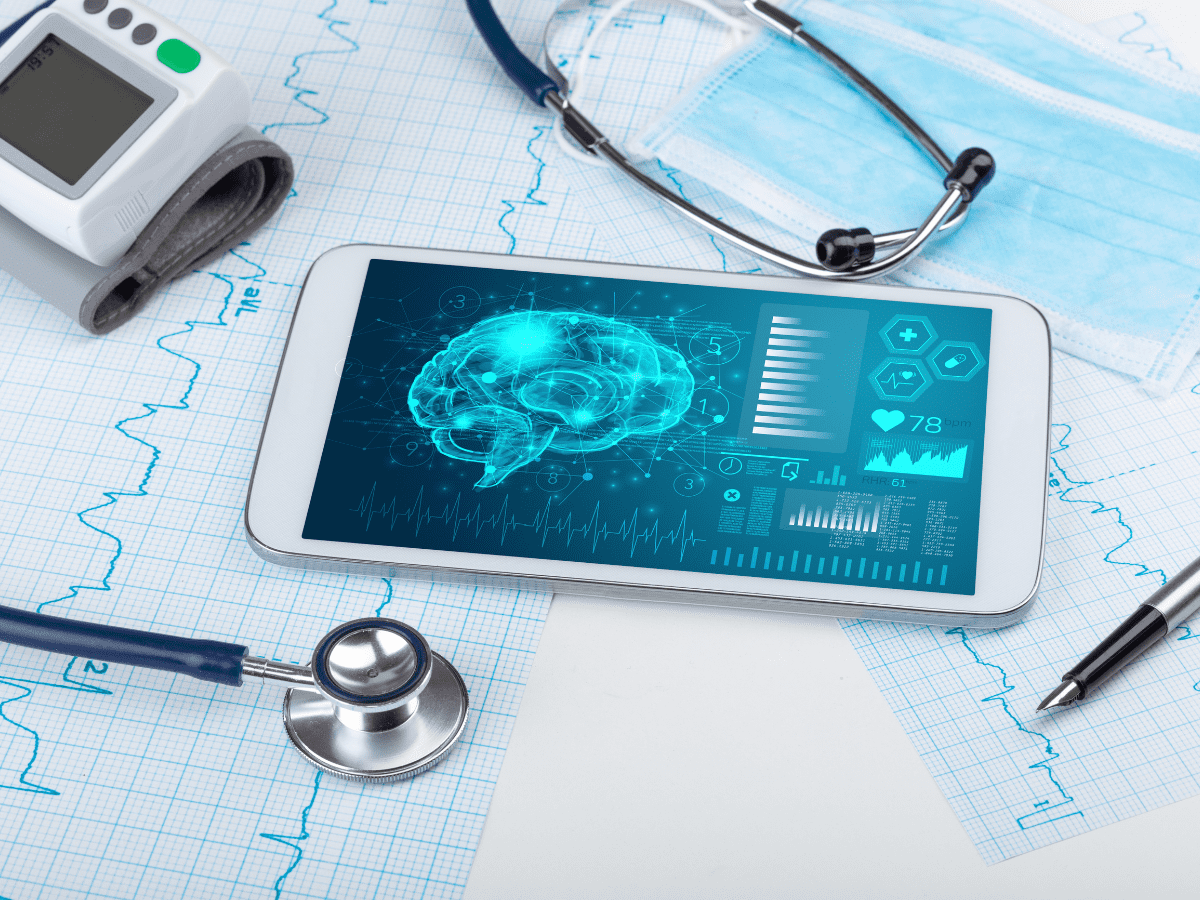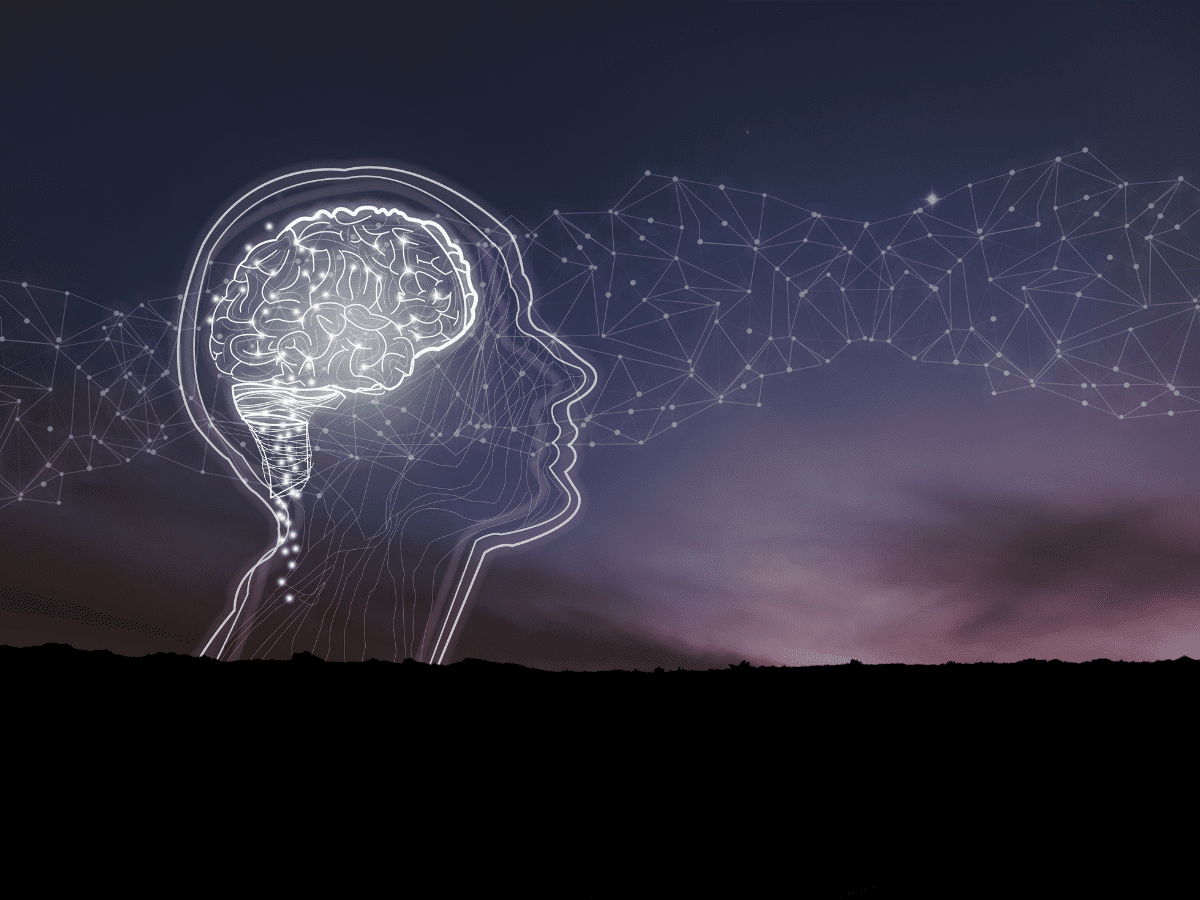
Nootropics the Future of Cognitive Enhancers for Better or Worse?
Introduction to Nootropics
Nootropics are a form of 'cognitive enhancer' and are commonly referred to as 'smart drugs' that aim to boost the user's cognitive performance. Nootropics work as a stimulant that helps to make your brain more alert, more creative and even improve your mood (1). Nootropics themselves can come in both prescription and non-prescription forms. The most common non-prescription forms of Nootropics include Caffeine, Ginkgo Biloba and Omega 3 fatty acids (1). Even though the term 'Nootropics' can be traced back to 1972, research on how Nootropics work is still in its early stage. Early research indicates that Nootropics may increase the blood flow and oxygen supply towards the user's brain (2).
Benefits of Nootropics
Improved Memory Recollection
One of the key benefits that have helped to contribute to the rise in Nootropics has been the idea that Nootropics helps to improve a user's memory. Helping to enhance memory recollection and improve memory storage. Done by increasing the communication functions between neurons (3). This increase in synaptic plasticity helps to further cognitive mobility leading to enhanced learning and memory function. Studies have noted that some Nootropics like Tyrosine can improve memory even when the brain is undergoing short-term stress (4).
Increased Mental Alertness
Nootropics have the byproduct effect of increasing the user's mental alertness and concentration. This effect is most commonly famous in caffeine as caffeine is the most used Nootropic in the world due to its natural presence in coffee products. Caffeine helps to increase mental alertness by increasing the circulation of chemicals largely consisting of cortisol and adrenaline within the body (5). Which has the follow-on effect of increasing the user's brain activity. Studies have highlighted that caffeine can significantly increase daytime alertness in fully rested and partially sleep-deprived users (6).
Boosting Energy Levels
As stated previously Nootropics can help increase adrenaline to promote greater brain performance, as Nootropics helps to enhance the brain's metabolic pathways, which promote and increase the energy levels in the brain and throughout the user's body (7). This is pivotal as research has shown that the brain uses up 20% of the body's overall energy reserves (7).
Common Challenges in the Nootropics Field
As it currently stands, medical experts express that if Nootropics are to be used by an individual if they only take Nootropics found in already established forms including, omega-3 fatty acids to improve brain health, caffeine to improve short term mental concentration (1) and Ginkgo and Bacopa for memory, as these forms have a large amount of evidence and research and studies to support their efficacy.
Final Thoughts
In general, Nootropics have a lot of varied benefits, such as improved brain function and increased energy, which highlights a large amount of potential for the supplement field. The Nootropics market is expected to see further growth with its valuation eclipsing more than $5 million by 2026 (8), with key drivers being the increasing consumer need for more energy and the increase in overall stimulants being purchased by people suffering from mood conditions (e.g. depression and anxiety) (9).
As things stand currently, multiple medical experts have recommended the safest forms of Nootropics to take include Omega three fatty acids as multiple studies have noted that omega-3s build up the nerve cells which are essential for learning and memory (10). Research also confirms the positive attributes of Caffeine, conveying that moderation can stimulate the central nervous system (11). As always, if you have an interest in using a Nootropic you should seek a healthcare professional for their advice.
If you enjoyed reading this blog, please consider joining our mailing list to ensure you are kept up to date with the latest health and complementary medicine news and information. If you have any complementary medicine manufacturing needs regarding Nootropics be sure to check out our Cognition + Brain Support, Omega 3 fish oil 100mg and Men's Multi + Caffeine products, which are all a part of our private label range.
Reference List
1. Berry, J., 2021. Nootropics: Types, safety, and risks of smart drugs. [online] Medicalnewstoday.com. Available at: [Accessed 29 June 2021].
2. Froestl, W., Muhs, A. and Pfeifer, A., 2012. Cognitive Enhancers (Nootropics). Part 1: Drugs Interacting with Receptors. Journal of Alzheimer's Disease, [online] 32(4), pp.793-887. Available at: [Accessed 29 June 2021].3. Willis, A., 2021. How Nootropics Boost Mental Clarity and Focus. [online] Psychology Today. Available at: [Accessed 29 June 2021].
4. Colzato LS, Jongkees BJ, Sellaro R, Hommel B. Working memory reloaded: tyrosine repletes updating in the N-back task. Front Behav Neurosci. 2013;7:200. Published 2013 Dec 16. doi:10.3389/fnbeh.2013.00200
5. Channel, B., 2021. Caffeine - Better Health Channel. [online] Betterhealth.vic.gov.au. Available at: [Accessed 29 June 2021].
6. Penetar, D., McCann, U., Thorne, D., Kamimori, G., Galinski, C., Sing, H., Thomas, M. and Belenky, G., 1993. Caffeine reversal of sleep deprivation effects on alertness and mood. Psychopharmacology, [online] 112(2-3), pp.359-365. Available at: [Accessed 29 June 2021].
7. Raichle ME, Gusnard DA. Appraising the brain's energy budget. Proc Natl Acad Sci USA. 2002 Aug 6; 99(16): 10237-10239.
8. Intrado, 2021. Nootropics Market To Reach USD 5.32 Billion By 2026 | Reports And Data. [online] GlobeNewswire News Room. Available at: [Accessed 29 June 2021].
9. Research, G., 2021. Global Nootropics Market Size, Share & Growth| Industry Report, 2025. [online] Grandviewresearch.com. Available at: [Accessed 29 June 2021].
Related Posts
By accepting you will be accessing a service provided by a third-party external to https://www.lipa.com.au/







